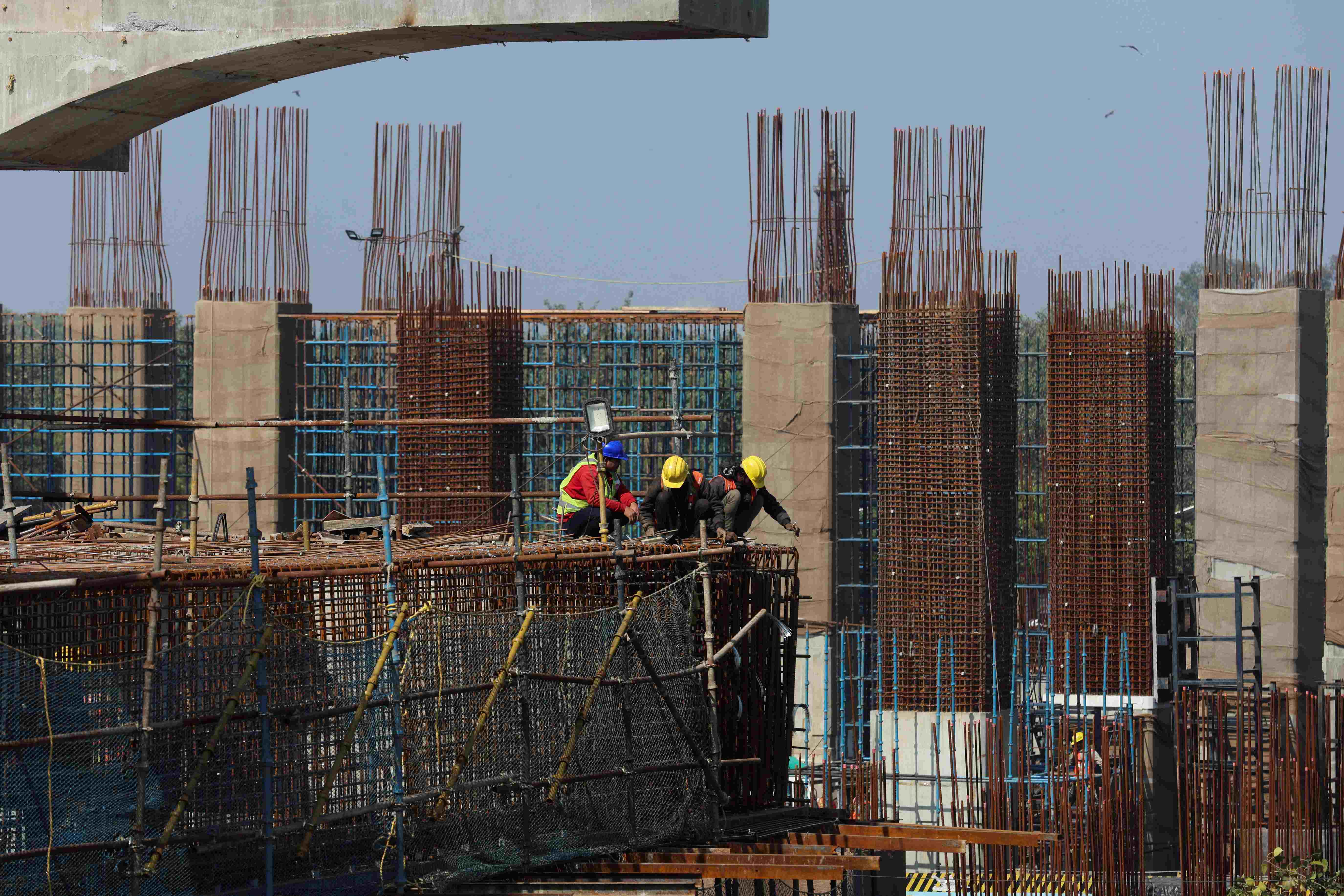India–US Trade Tensions Rise Over Steel and Auto Tariffs NMDC Limited reports a 38% drop in Q4 FY24 consolidated net profit RINL to Raise $23 Million Through Land Sales Amid Crisis

According to the chairman of the Adani Group, India's total infrastructure spending will exceed $2.5 trillion by 2032, when the country is expected to reach a $10 trillion GDP. Speaking at Crisil's 'Infrastructure: the Catalyst for India's Future' event, Adani identified two developing infrastructure sectors--infrastructure to facilitate energy transition and digital infrastructure--as critical to the country's and the world's future prosperity.
"The global transition market was valued at approximately $3 trillion in 2023 and is expected to grow to nearly $6 trillion by 2030, and thereafter double every 10 years till 2050," Adani said. The Adani Group plans to invest more than $100 billion (about ₹8.35 lakh crore) in energy transition projects and manufacturing key components for green energy generation over the next decade.
Adani Green Energy is building solar and wind parks. The group is also building facilities to manufacture electrolyzers for green hydrogen, wind power turbines and solar panels. Adani said energy transition and digital infrastructure are trillion-dollar opportunities, which will transform India both at a local and a global scale.
"The next decade will see us invest over $100 billion in energy transition space and expand our integrated renewable energy value chain that today already spans the manufacturing of every major component required for green energy generation," he said. The conglomerate focuses on producing the "world's least expensive green electron" that will become the feedstock for several sectors that must meet the sustainability mandate.
"And to make this happen, we are building the world's largest single-site renewable energy park in Khavda in the district of Kutch (Gujarat). Just this single location will generate 30 GW of power, thereby taking our total renewable energy capacity to 50 GW by 2030," he said.
He said data is indeed the new oil on digital infrastructure, and at the heart of all the action is the data centre- the critical infrastructure needed to power all forms of computational needs, especially AI workloads for machine learning algorithms, natural language processing, computer vision and deep learning.
All of this is dependent on the ability to process data at an unprecedented speed and scale, which are the precise capabilities that data centres provide. However, this will need massive amounts of energy, making the data centre business the largest energy-consuming industry in the world, he said. "This makes the energy transition even more complex and is raising electricity prices, thereby adding to the already high prices because of the combined impact of climate change and demand growth," Adani said.
Also Read : Steel Industry Embraces AI and Open-Source Innovation to Transform Manufacturing Tata Steel UISL Plants 5,000 Saplings to Enhance Jamshedpur’s Green Cover